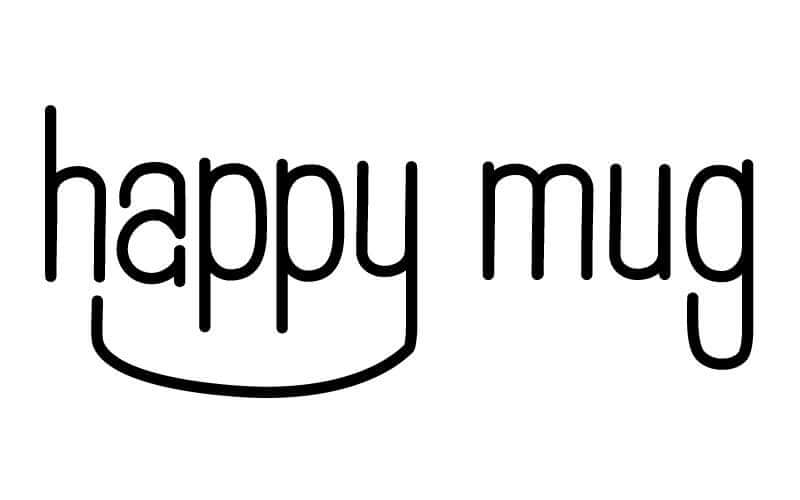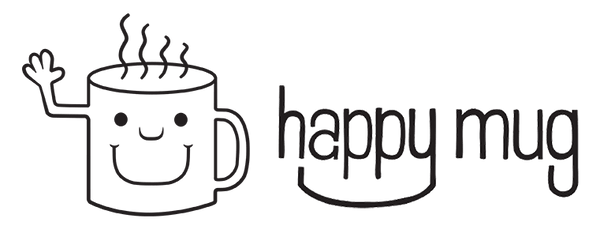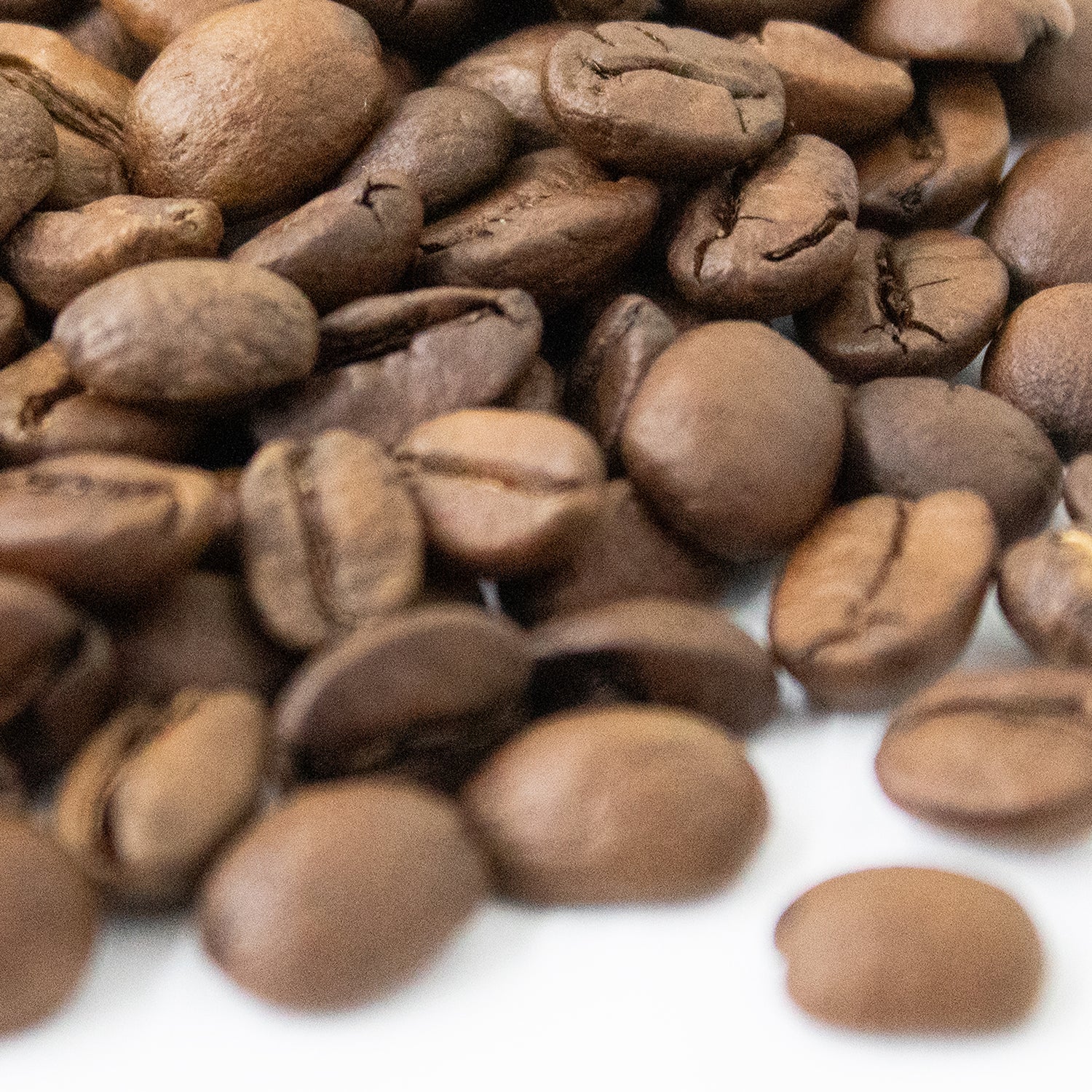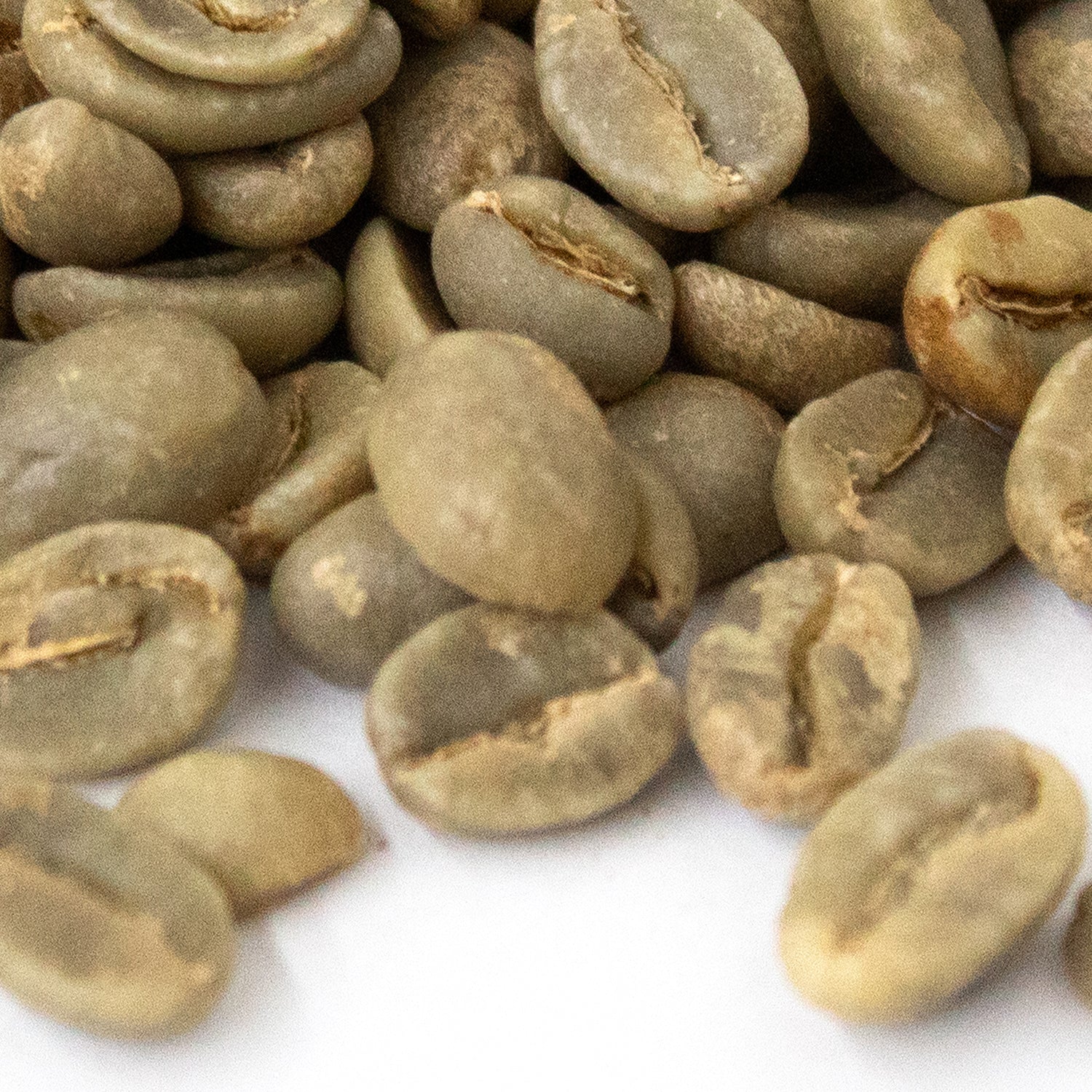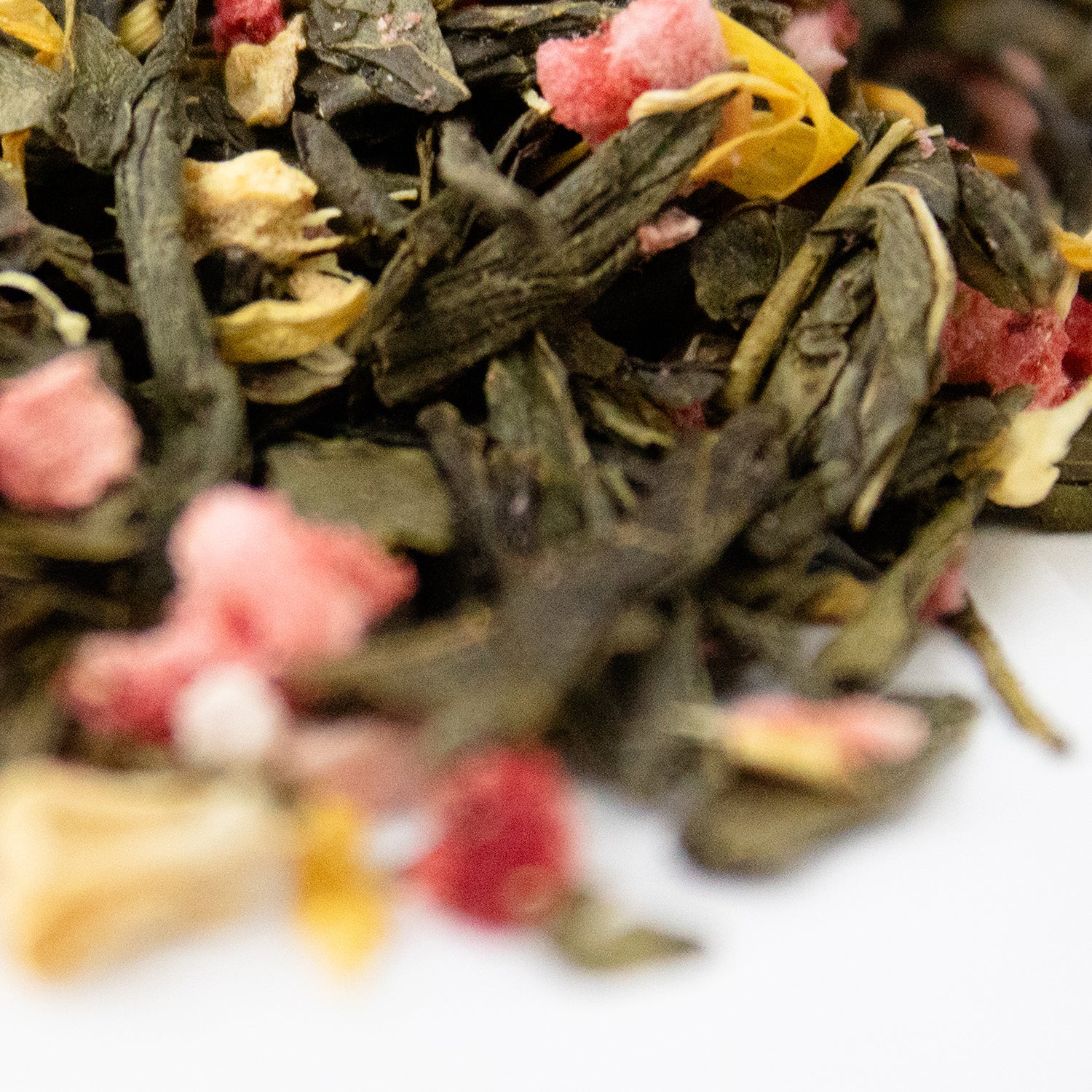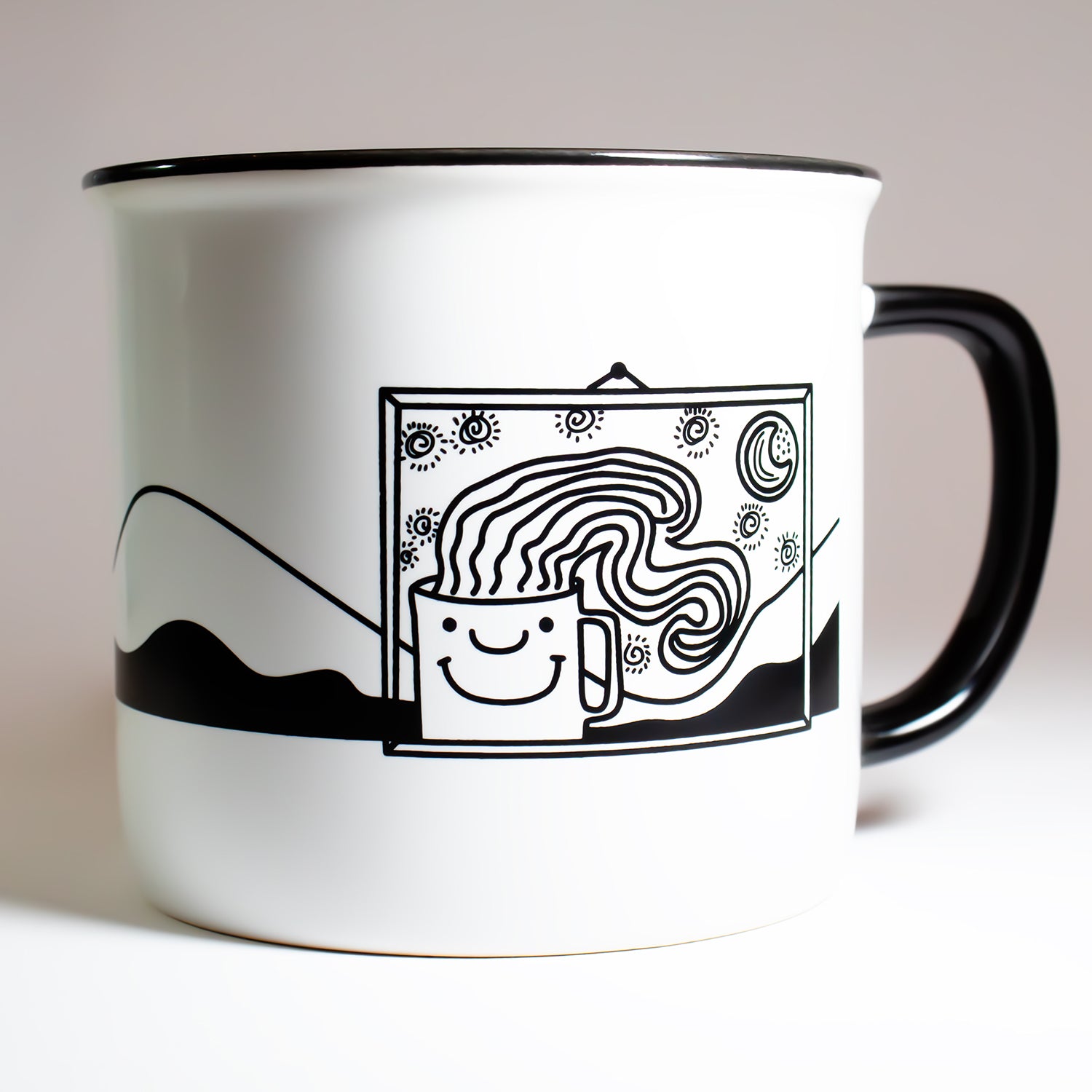African
Yemen Ismaili
Yemen Ismaili
Yemen coffees are wild and amazing, rich, heavy, chocolaty, malty cups that keep you going back for more and more. Most Yemen is sold generically from the Sanani region and may consist of coffee from various farms, varietels, and even crop years all mixed together! This one is new crop from the Ismaili region which is the most legendary and remotest coffee region in the country. It is a traceable lot and part of a newly founded co-op in Yemen. The co-op operates in the Fair trade model, and is socially responsible -- which is almost unheard of for Yemen coffee.
Some customers have mentioned that they don't want to purchase this coffee because it could profit terrorists, but that is simply not true. Amidst the civil war, terrorism, and all out anarchy going on in Yemen right now, are real people -- honest citizens who grow coffee and need a market to buy their harvest and go to desperate measures to get their coffee exported.
It is distinctly Yemen, meaning, no other origin of coffee is going to substitute for the taste you get out of this bean. Wonderful Malty character (think of a dark stout beer) -- grains and hops flavor that only a great Yemen will have. Then a nice chocolate taste, spices, and bitter herbs that rounds it all out. SECOND, Yemen coffee is a dying export. The trees are producing very little, and the country is exporting very little. The mokka varietal in particular is not a high-producing varietal and is difficult to grow, and the drought and recent climate pattern in Yemen are squeezing supply further. THIRD, Yemen is a very expensive country to deal with. The anarchy, terrorism, and violence creates high risk in business dealings. Many roads are impassable, especially in the remotest regions. Every bag of coffee has to be x-rayed when it goes through US customs. Lots of expense is involved in getting these beans out of Yemen and into America.
Not all home roasting systems can handle Yemen. In general, Yemeni coffee beans are very small, but since they are not sorted by size, there are also large beans mixed in. The coffee produces large amounts of chaff. It is a natural processed coffee and should typically not be roasted too darkly unless you want to drink it as espresso. If you're up for the challenge, you will not be disappointed. The grains, bitter herbs, dark fruits, and baking cocoa give this coffee a dark sultry spiciness that pairs well with chocolate and desserts and is quite an amazing mug.
I am getting nice results at a variety of roast levels. Roast it light, like a natural Ethiopia, and I'm tasting extra malt and grains, tart fruits (lemon berry), very satisfying medium body with a distinct chocolate beer aftertaste. A few degrees darker brings out more of the chocolate notes and darker fruit (strawberry), spices like cinnamon, and thicker mouthfeel. Get close to the 2nd cracks, and it's like drinking a chocolate-coffee stout, with a fair bit of bitterness, but also smoothness and a clean aftertaste. Take it into the 2nd cracks and at that point you have a cocoa-tasting espresso (if only I could afford to give my coffeeshop customers 100% Yemen for their espresso, I surely would).
US Arrival September 2018
